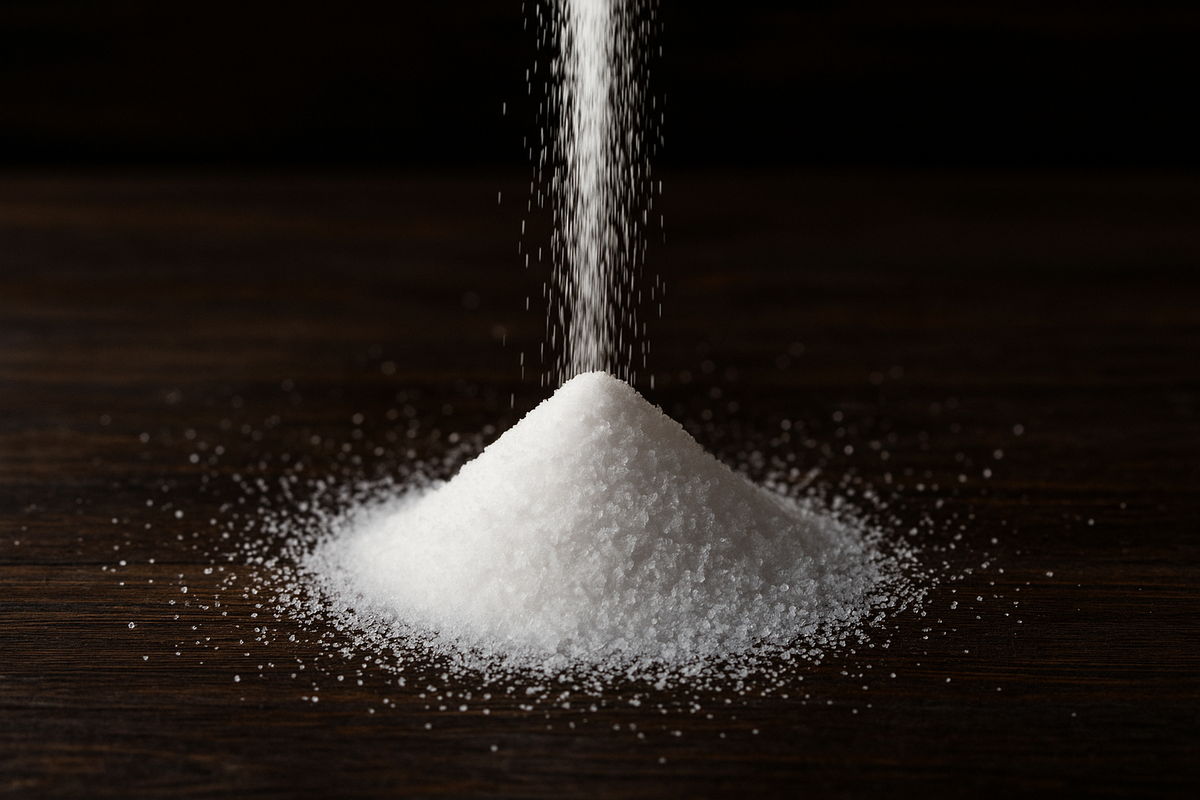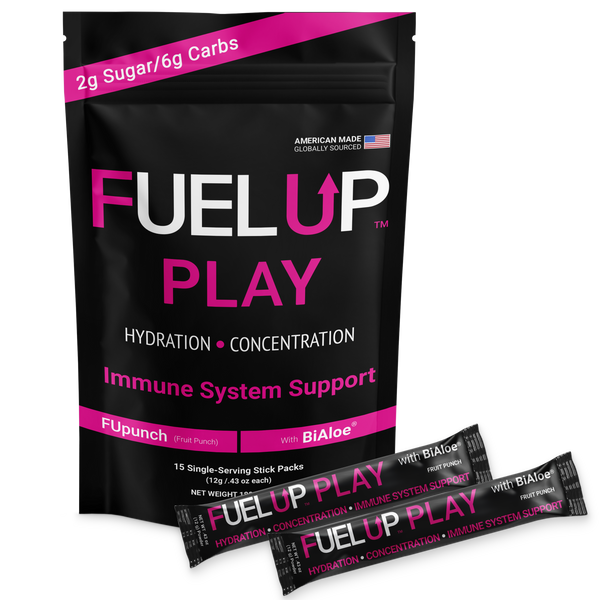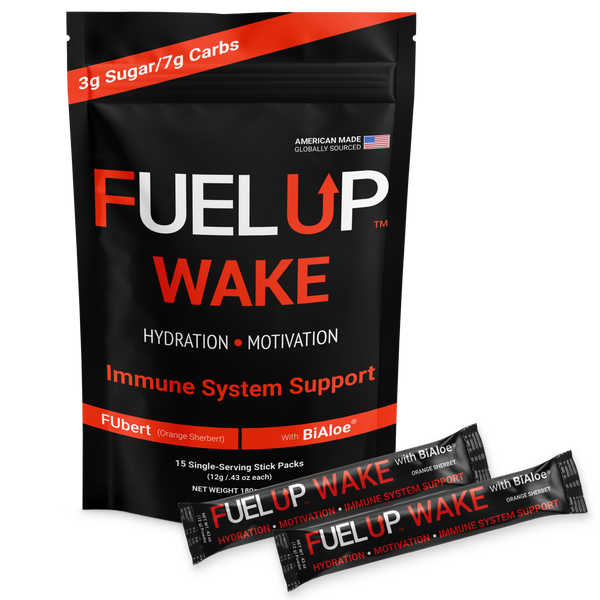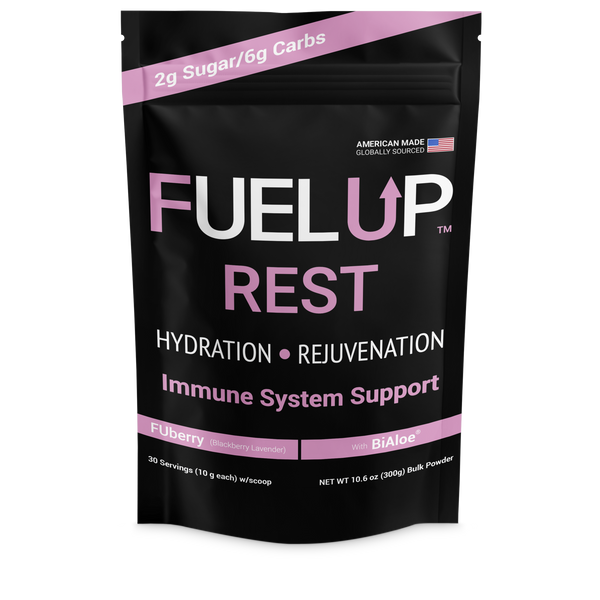When it comes to staying healthy, active, and energized, most people focus on exercise routines, balanced meals, and getting enough rest. But have you ever thought about the crucial role electrolytes play in keeping your body running smoothly? While you’ve probably heard of electrolytes—perhaps in the context of sports drinks or endurance athletes—you may not fully understand exactly what they are and why they’re so essential.
Let’s dive into the science of electrolytes, what they do, and why maintaining the right balance is vital for your well-being.
What Are Electrolytes, and How Do They Work?
Electrolytes are minerals in your body that carry an electrical charge. Key electrolytes include sodium, potassium, magnesium, calcium, and chloride. These mighty minerals dissolve in your body’s fluids (like blood, sweat, and urine) and create an electrical charge that helps power your bodily functions.
Think of electrolytes as the connectors in your body’s electrical system. They allow your cells to communicate with one another, making everything from nerve impulses to heartbeats possible. Without electrolytes, your muscles wouldn’t contract properly, your nerves wouldn’t fire efficiently, and your hydration levels would be thrown off.
Why Are Electrolytes Important for Your Body?
Here’s why these small but mighty minerals are non-negotiable in your health routine:
1. Regulate Hydration Levels
You’ve probably heard that staying hydrated is key to a healthy body, and electrolytes are vital for that. They help maintain the balance of fluids inside and outside your cells. Sodium and potassium, in particular, are integral to fluid regulation.
When you sweat heavily—whether it’s during exercise or on a hot day—you lose both water and electrolytes. If you don’t replace them, you risk dehydration, which can lead to symptoms like fatigue, dizziness, and even heatstroke in extreme cases.
2. Support Muscle and Nerve Function
Have you ever experienced a muscle cramp after a long workout? Imbalanced or low levels of electrolytes like calcium, magnesium, and potassium are often to blame. These minerals help your muscles contract and relax efficiently while ensuring your nerves can transmit signals properly.
Low potassium, for example, might cause spasms or tingling sensations, while insufficient magnesium can cause delayed muscle recovery.
3. Enhance Energy Production
Electrolytes play a role in generating energy at the cellular level. Magnesium particularly helps in converting food into energy by aiding enzymes in breaking down nutrients. Without enough magnesium, you may feel sluggish or fatigued—even with proper hydration.
4. Balance pH Levels
Your body needs to maintain the right balance between acidity and alkalinity (pH balance) for optimal function. Electrolytes like chloride help manage this by keeping your blood’s pH levels within a normal range. A shift in this balance can have a ripple effect on other essential body systems.
When Do You Need to Replenish Electrolytes?
For most people, getting electrolytes through a balanced diet works just fine. But there are specific circumstances when replenishing electrolytes becomes critical:
-
Intense Exercise: If you’re sweating heavily during a long workout or race, you lose both fluid and essential minerals that need to be replaced.
-
Hot Weather: High temperatures can make you sweat more, increasing your need for replenishment.
-
Illness: Vomiting or diarrhea can rapidly deplete your electrolyte stores.
-
Low-Carb or Ketogenic Diets: Some diets increase water loss, which can disturb your electrolyte balance.
How Can You Maintain Electrolyte Balance?
The good news is that you can maintain healthy electrolyte levels with the right habits:
-
Eat a Balanced Diet: Whole foods like bananas, spinach, nuts, yogurt, and avocados are excellent natural sources of electrolytes.
-
Monitor Exercise Hydration: Drink plenty of fluids before, during, and after your workouts. For longer or more intense sessions, consider drinks that provide not just water but also essential electrolytes.
-
Watch for Symptoms of Imbalance: Fatigue, muscle cramps, headaches, or dizziness could be signs your electrolytes are out of sync.
Finding Easy Solutions Without Overcomplicating
If you’re looking for a quick and effective way to make sure your body has the electrolytes it needs, adding an electrolyte drink to your routine can help. Options like Fuel Up Hydration are specifically designed to provide the right mix of essential electrolytes—sodium, potassium, and magnesium—while also supporting your overall wellness with added vitamins.
Fuel Up Hydration isn’t just about hydration; it’s about helping your body stay energized, balanced, and ready for whatever life brings. Whether you're hitting the gym, running a marathon, or simply navigating a busy day, it’s a smart way to keep both water and minerals in check.
Electrolytes may be small, but they play a big role in your lifelong health and performance. Keep them in balance, and your body will thank you!





